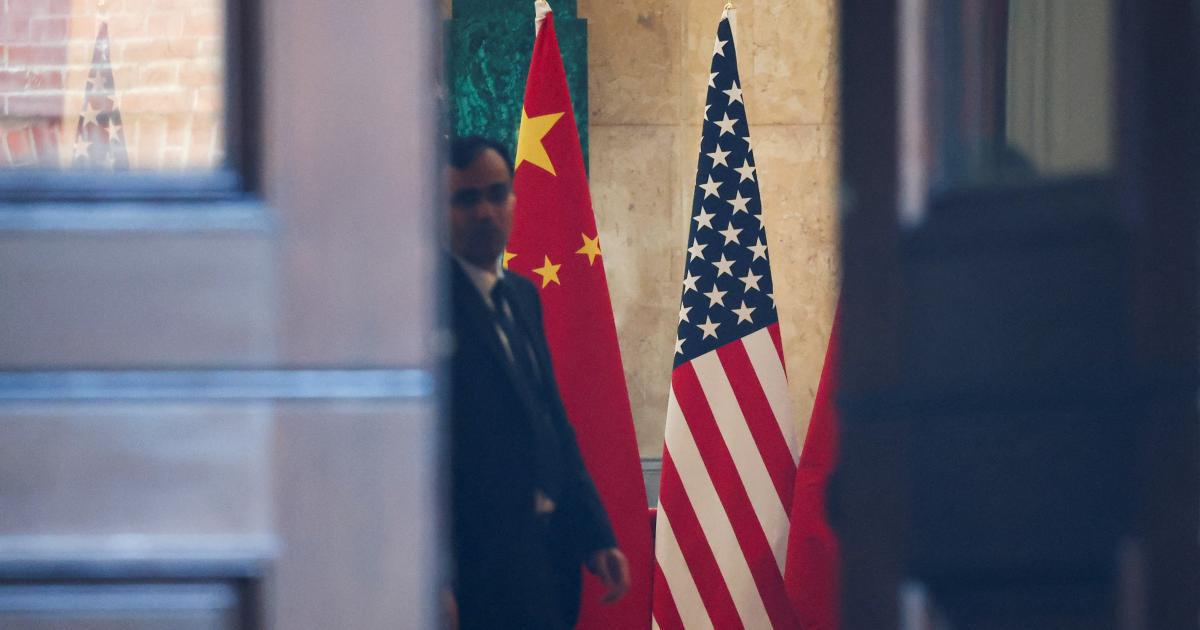
The Fantasy of a Grand Bargain Between America and China: Why Deadlock Is More Likely Than Détente
https://www.foreignaffairs.com/united-states/fantasy-grand-bargain-between-america-and-china
Posted by ForeignAffairsMag


The Fantasy of a Grand Bargain Between America and China: Why Deadlock Is More Likely Than Détente
https://www.foreignaffairs.com/united-states/fantasy-grand-bargain-between-america-and-china
Posted by ForeignAffairsMag
2 comments
[SS from essay by William Hurst, Chong Hua Professor of Chinese Development and Co-Director of the Centre for Geopolitics at the University of Cambridge and a Senior Associate Fellow at RUSI, the Royal United Services Institute; and Peter Trubowitz, Professor of International Relations and Director of the Phelan U.S. Centre at the London School of Economics and Political Science and an Associate Fellow at Chatham House.]
Hope springs eternal in the world of great-power diplomacy. Even today, in the throes of a norm-busting trade war with China, there is talk of some kind of leader-to-leader grand bargain between U.S. President Donald Trump and his Chinese counterpart, Xi Jinping. Trump says he “would love to get a deal with China.” Xi, who has responded to Trump’s tariff broadside in a measured and targeted way, has left the door open for a negotiated settlement. Such a breakthrough in U.S.-Chinese relations might sound alluring at this particularly fraught moment, but the history of the strategic rivalry between China and the United States and each country’s internal politics make the likelihood of reaching one remote.
Since 1950, [China](https://www.foreignaffairs.com/regions/china) and the United States have pivoted from cooperation to confrontation and back again, several times. They have done so for geopolitical and domestic political reasons. As a rule, they have been able to cooperate on security only when facing a clear and present danger from a common enemy. U.S. President Richard Nixon’s historic visit to China in 1972, for example, led to a series of agreements aimed at containing the Soviet Union. And the two countries have managed economic cooperation only when both were governed by domestic coalitions that supported the expansion of international trade, as during the 1990s and early 2000s. Cooperation across both security and economic affairs, meanwhile, has always been elusive.
I agree with this more or less. A deal of some kind is likely, but a long lasting warming of relations is not imo.
There are a lot of reasons for why the relationship is likely to remain antagonistic for at least the near future, but one issue here is the contrast in leader stability.
China is likely to perceive any deal as something they will follow for the rest of Trumps term and then reassess. Is the next POTUS willing to start a trade war if they stop following the deal? If not, why keep following it.
Comments are closed.